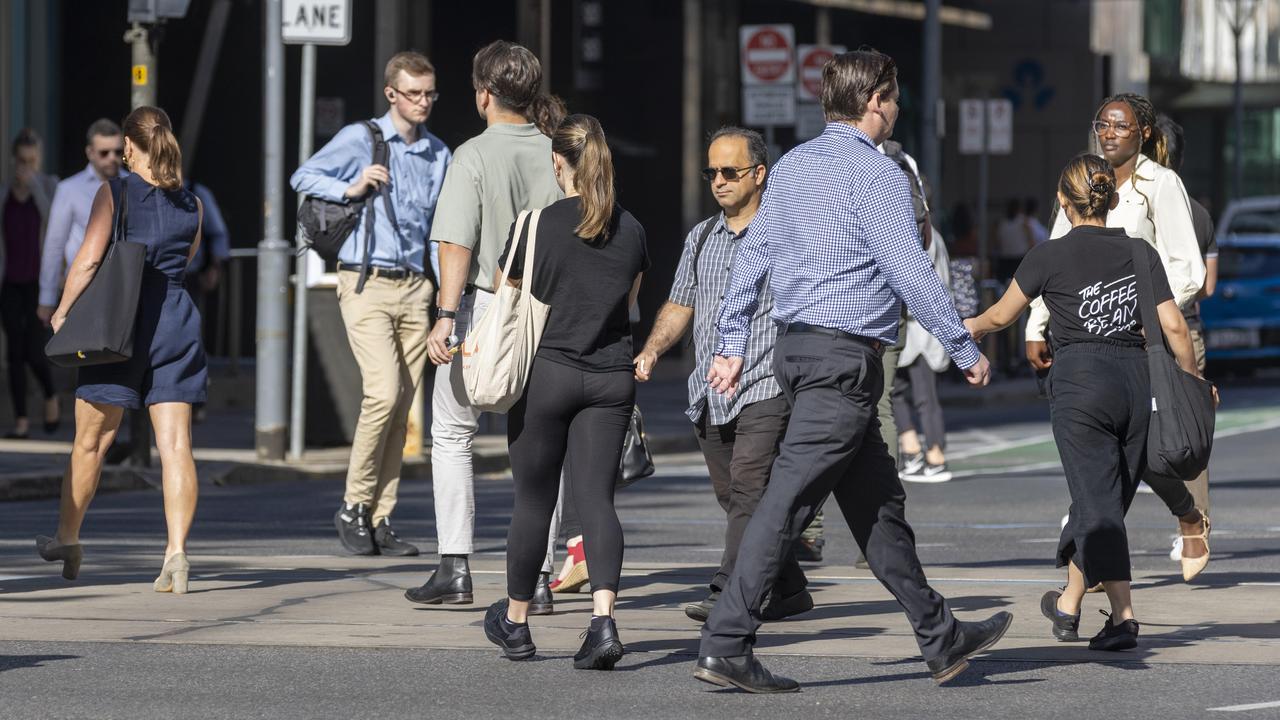How Millennials are retiring in their 30s
A growing number of young Aussies believe it’s possible to retire by the age of 35 by following a new movement.

At Work
Don't miss out on the headlines from At Work. Followed categories will be added to My News.
Retiring by 35 seems like nothing more than a daydream, but it’s very real to a growing number of Millennials who are followers of the FIRE movement.
FIRE — stands for Financial Independence, Retire Early — was started by a 30-something who goes by Mr Money Moustache. He managed to retire in his 30s and now shares how he achieved what he calls a “frugal yet bada** life of leisure”.

“In a nutshell, you save and invest as much as you can into diversified asset classes,” explains 30-year-old Michelle on news.com.au’s I’ve Got News For You podcast, “so think things like property, shares, and super. You keep doing it regularly and consistently. And you’ll let inflation and compound interest start to work its magic.
“Your assets grow to a value that they start generating income, and this eventually meets or, you know, even surpasses … the income that you would receive from a traditional wage or salary.”
Michelle and her husband have been working to be able to retire at just 35 years old, to spend more time with their young son, among other things.
“I’ve always been surrounded by people who have worked really hard until old age,” she explained. “And I just thought that wasn’t enough. I always thought that wasn’t very appealing. I didn’t want to spend my life doing that.”
Through careful planning, Michelle looks set to retire in just five years’ time — and no, none of the money came from her parents or in-laws.
Ivan also set himself up for retirement in his later 30s, but found it wasn’t all it was cracked up to be.
“I just found out my boss and said, ‘I’m quitting’ without any backup plan and booked a one way flight to visit my niece and nephew,” he explained.
After the pandemic, Ivan began to reassess his lockdown decision to never go back to work — not because he needed the money, but because he found himself with a lot of downtime.
“I can’t just be playing Pokemon Go every day, right?” he said. “It’s important to have that something that gets you up in the morning”.
“For me, it took a while and a lot of conversations with my partner … I love my work. Why did I quit it?”
Still, during a time when wages seem all but stagnant, and people have had enough of ill-treatment in the workplace, it’s not surprising so many are turning to alternative was of living.
“You need to know what you’re going to be doing with your time,” suggests Ivan, “it’s really important to have those goals”.
He also strongly suggests that you “don’t do it during a lockdown”.
More Coverage
Originally published as How Millennials are retiring in their 30s




